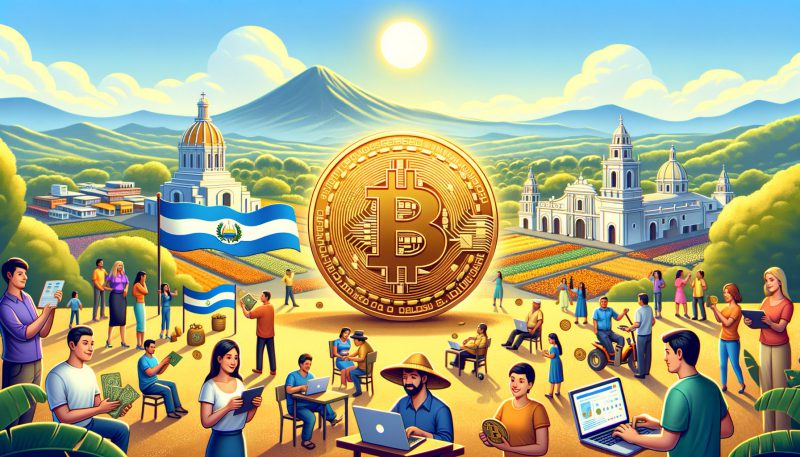In November 2021, El Salvador President Nayib Bukele announced a bold but risky plan for his country to adopt bitcoin as legal tender and purchase one bitcoin per day at a dollar cost average.
Two plus years later, El Salvador appears to be weathering the bitcoin storm relatively unscathed, despite modest paper losses on its estimated 2,744 bitcoins. The purchases have averaged around $41,800, according to estimates, compared to today’s $36,300 market price.
Also read: Judge Rejects Binance And SEC’s Privacy Request In Legal Case
El Salvador seems to be robust in its Bitcoin purchase
While the International Monetary Fund (IMF) repeatedly warned of threats to economic growth and debt repayment abilities, the country seems to be on sturdier financial footing lately.
The country’s dollar-denominated bonds have surged 70% year-to-date. Major banks now recommend the bonds as a buy, eyeing further gains. The Bitcoin law aimed to leverage crypto’s speed and low cost to increase financial inclusion. But the rollout was rocky, with tech glitches and protests. Usage remains niche.
However, Bukele’s administration touts the law as a success. It highlights Bitcoin-funded infrastructure projects and the cheap electricity El Salvador uses for mining. With its bitcoin reserves underwater, the country has doubled down by issuing “Bitcoin Bonds” to raise funds and buy more. The risky move could backfire if bitcoin prices sink.
With moderate losses so far and El Salvador on steadier fiscal ground lately, Bukele’s controversial Bitcoin bet has yet to derail the economy as critics predicted. The real test lies ahead as Bukele seeks to drive adoption while keeping risks in check.





